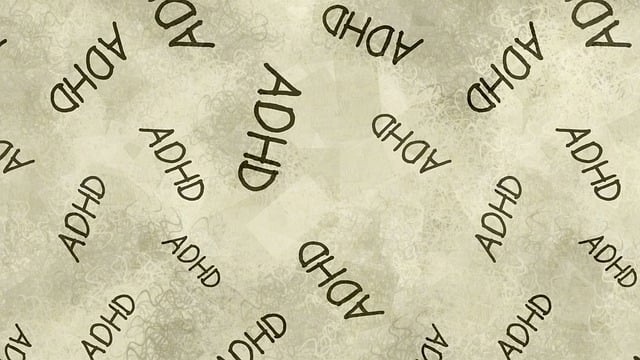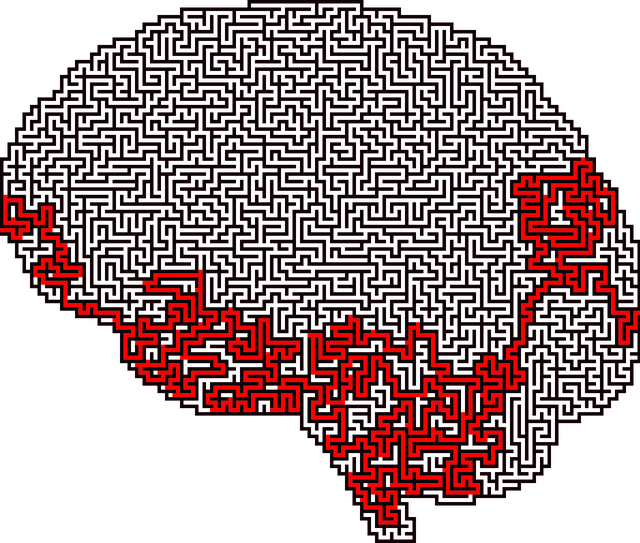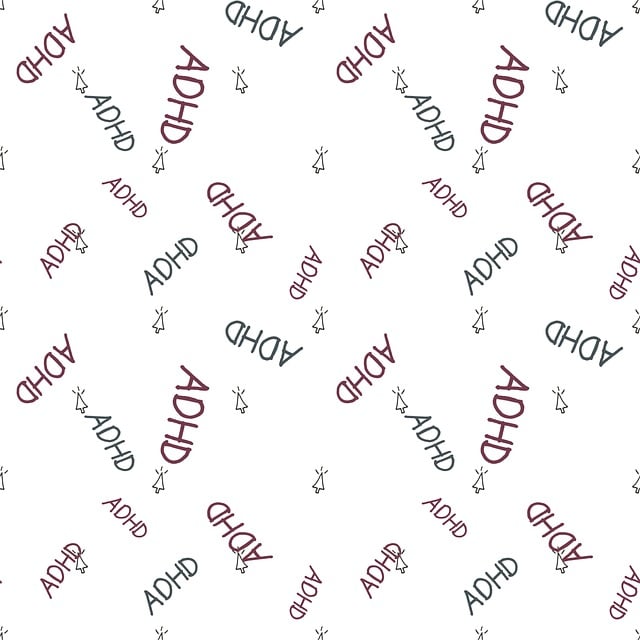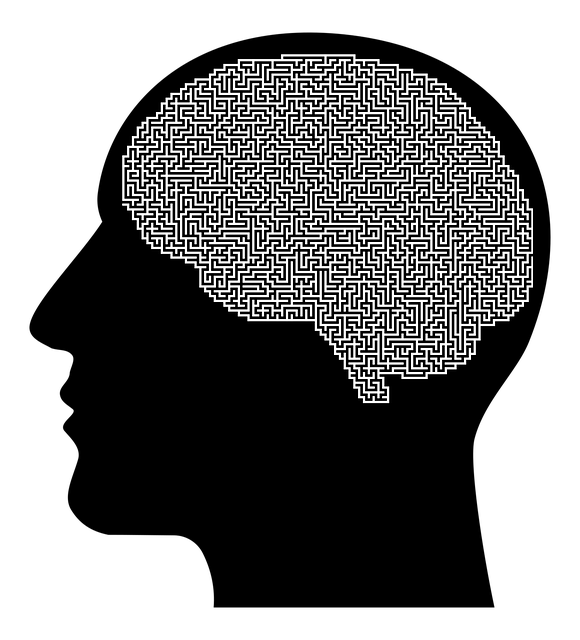Mental wellness journaling is an accessible, creative tool for young children with neuro disorders to process emotions and experiences, offering a non-intimidating alternative to therapy. It fosters empathy, helps articulate thoughts, manage stress, and develop coping mechanisms, contributing to overall mental wellness through early intervention. By providing a safe space for self-expression, journaling aids in emotional management and traumatic event processing, assisting healthcare providers in tailoring treatments effectively. A supportive environment, combined with parental involvement and social skills training, makes journaling less daunting. This versatile approach combines therapy with structured activities, empowering children to track their mental health progress and celebrate milestones, ultimately cultivating resilience and reducing stigma.
Mental wellness journaling is an effective therapy tool for young children, offering a creative outlet for self-expression. This article explores its benefits in managing neurodisorders, providing guidance on creating a safe space and choosing suitable exercises. We delve into various prompts to engage children and track their progress, highlighting how this practice can be tailored to support their unique needs. From understanding the basics to celebrating milestones, discover how journaling enhances therapy for young individuals dealing with neuro disorders.
- Understanding Mental Wellness Journaling for Young Children
- The Role of Journaling in Neurodisorder Management
- Creating a Safe and Supportive Environment for Journaling
- Types of Exercises and Prompts for Effective Journaling
- Tracking Progress and Celebrating Milestones in Therapy
Understanding Mental Wellness Journaling for Young Children

Mental wellness journaling can be a powerful tool for young children, offering an accessible way to process emotions and experiences. Unlike traditional therapy sessions, which might feel formal and intimidating, journaling allows kids to engage in self-expression through writing or drawing at their own pace. This creative practice fosters empathy building strategies by encouraging children to reflect on their feelings and understand the perspectives of others, a vital aspect when navigating neuro disorders.
By following simple mental wellness journaling exercise guidance, parents and caregivers can support inner strength development in young minds. Through guided prompts tailored for their age group, children learn to articulate their thoughts, manage stress, and develop coping mechanisms. This early intervention can be transformative, equipping kids with valuable skills to navigate their emotional landscape and promoting overall mental wellness.
The Role of Journaling in Neurodisorder Management

Journaling has emerged as a powerful tool in the management of neurodisorders, especially when tailored for young children. This practice offers a safe and private space for them to express their thoughts, emotions, and experiences. Through regular writing, children with neurodisorders can learn to identify and manage their feelings, a skill crucial for their overall mental wellness. For instance, a journal can serve as a therapy tool for processing traumatic events or challenging behaviors, allowing healthcare providers to offer more personalized care.
In the context of mental illness stigma reduction efforts, journaling can foster self-awareness and promote positive coping strategies. It encourages children to view their emotions as valid and manageable, which is essential in combating the internalized stigma often associated with neurodiversity. Additionally, this practice can facilitate communication between healthcare providers and young patients, enhancing cultural competency training and improving treatment plans. The insights gained from a child’s journal can inform mental health policy analysis and advocacy, ultimately leading to more inclusive and effective support systems.
Creating a Safe and Supportive Environment for Journaling

Creating a safe and supportive environment is key to encouraging young children with neuro disorders to engage in mental wellness journaling. This involves fostering an atmosphere of trust, understanding, and non-judgment. Parents or caregivers can play a pivotal role by actively listening to their child’s experiences and emotions without offering immediate solutions. By demonstrating empathy and validating their feelings, you build strategies that strengthen the bond between caregiver and child, making the journaling process less daunting.
Additionally, incorporating social skills training within this environment can enhance interaction and communication. Through structured activities and games, children learn to express themselves more effectively, which translates into richer journal entries. Moreover, mood management techniques taught alongside journaling can equip them with tools to regulate emotions, fostering a sense of control and empowerment in tracking their mental health.
Types of Exercises and Prompts for Effective Journaling

Journaling is a versatile tool that can cater to various mental wellness practices, including therapy for young children with neuro disorders. Effective journaling exercises and prompts can help individuals explore their thoughts and emotions, fostering self-awareness and emotional intelligence. One popular method involves free writing, where individuals set a timer and write continuously without editing or censoring their thoughts. This unfiltered expression allows for the exploration of subconscious fears, desires, and experiences.
For structured guidance, prompts like “Describe a challenging interaction and how it made you feel” or “Reflect on a recent achievement and the emotions associated with it” can be used. These questions encourage individuals to delve into their emotional responses and gain insights into their mental health. Incorporating Mind Over Matter principles, such as focusing on positive affirmations or gratitude lists, can also enhance journaling’s therapeutic effects. Mental health education programs design prompts around these themes, aiming to cultivate resilience and promote a healthy mindset.
Tracking Progress and Celebrating Milestones in Therapy

Tracking progress is a vital part of any therapy journey, especially for young children navigating neuro disorders. By regularly documenting their experiences and improvements in a journal, therapists can identify patterns and areas that require further attention. This process allows for a more personalized approach to care, as it provides concrete data on the child’s mental wellness. For instance, a therapist might notice increased communication skills or improved emotional regulation over time, which could indicate successful intervention strategies.
Celebrating milestones is an important aspect of reducing the mental illness stigma and boosting resilience. When children achieve certain goals during therapy, acknowledging these accomplishments can foster a sense of pride and confidence. It empowers them to view their progress as a result of hard work and dedication. This positive reinforcement can significantly contribute to building resilience, encouraging children to face future challenges with renewed determination.
Mental wellness journaling offers a powerful tool for therapists working with young children, especially those navigating neurodisorders. By creating a safe space through structured exercises and prompts, children can express their thoughts and emotions effectively. This article has explored the benefits of journaling in therapy, from enhancing self-awareness to improving communication skills. With guidance on setting up an encouraging environment and choosing age-appropriate activities, therapists can tailor this practice to suit individual needs. By tracking progress and celebrating milestones, mental wellness journaling becomes a valuable asset in supporting young minds’ overall well-being and development.














